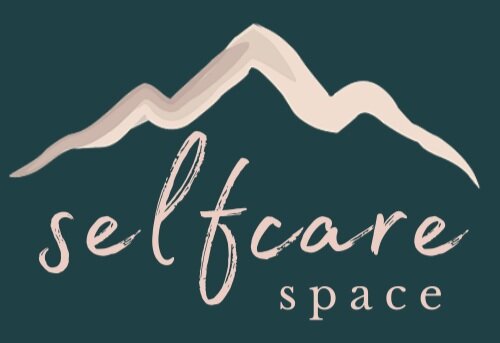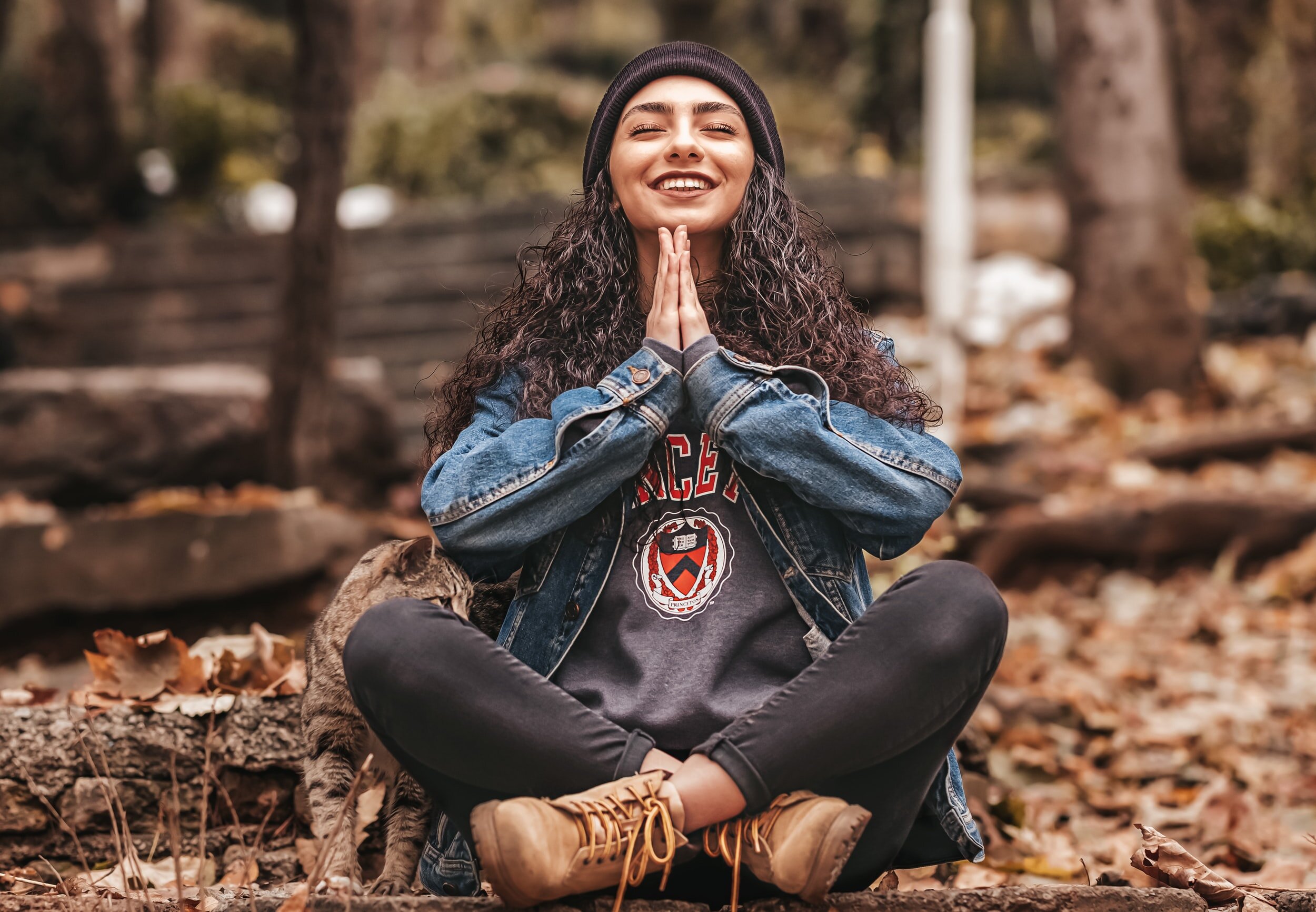How Meditation Can Reduce Stress and Anxiety
Meditation is an ancient practice that is designed to help you relax, feel calm and restore a sense of inner harmony. The practice is simple, cheap and absolutely everyone can do it so it’s no wonder that in recent years, it has again become an absolute powerhouse of a tool that people use on their personal healing journeys.
If you’re spending a lot of time stressed or anxious, then we really can’t recommend adding a meditation practice to your daily routine highly enough. Since there are a lot of misconceptions about what meditation really is and why it is practiced, we thought that in this article, we’d cover all the juicy info for you. It will include answers to the following questions:
What is meditation?
What types of meditation techniques are there?
What exactly are the effects of meditation on stress and anxiety?
What do people who meditate have to say about meditation?
How do you actually start meditating?
What is meditation?
Meditation is the process of learning how to become aware of your thoughts and emotions and learning how to redirect them in a way that promotes mindfulness, relaxation and peace. While it is often used as a spiritual practice (similar to the practice of praying), different cultures from around the world have been using meditation as a simple and straightforward way to cope with the stressors of daily life.
Especially in today’s modern world, meditation can be an incredibly helpful tool to help you strengthen your awareness and gain a new sense of perspective on things that might be causing stress or anxiety. By paying continuous attention to your thoughts and emotions, you’ll learn more about yourself and how your mind works. That insight can be used as a powerful tool on your self-healing journey.
While there are many different types of meditation techniques (which we will cover below), some common elements are found in almost all of the different techniques. They include:
Attention/awareness
Breathing
A quiet setting
A comfortable position (sitting, lying, walking or specific movements)
An openness to thoughts/experience
Different types of meditation styles will focus on these elements in different ways. Some may require specific breathing or movement patterns while others simply involve sitting and being aware of your thoughts and emotions. To help you understand the different techniques and how they are practiced, let’s take a look at the most common ones.
What kind of meditation techniques are there?
Here is an overview of some of the most commonly practiced meditation techniques:
Guided Meditations
As the name suggests, in a guided meditation a teacher guides you through the meditation practice by explaining simple exercises to follow. Usually, most guided meditations follow similar formats which can include quieting the mind by focussing your attention on your thoughts, your breathing or specific body parts. Sometimes you’ll also be asked to visualize yourself in different scenarios, feel emotions such as kindness/compassion or reflect on specific questions asked by the teacher. Guided meditations can be practiced both in-person or online via video or audio. (Hint: we offer lots of these in The Self Care Space!)
Mindfulness Meditations
Contrary to guided meditations, mindfulness meditations simply involve sitting in silence, becoming aware of your breath and the present moment and noticing any thoughts that arise without attaching to or judging them in any way. Based on the teachings of the Buddha, this meditation technique has become particularly popular in recent years because it can help gain insight into how our minds work. This insight can then be used to improve your overall well-being as well as overcome any roadblocks that are keeping us from leading happier, more fulfilling lives.
Mantra Meditations
Instead of using the breath as a tool for focused awareness, mantra meditations make use of the repetition of a simple word or phrase (said out loud or in your head). It is thought that the process of repeating the mantra over and over again can help the brain focus on one specific task which will consequently quiet all other thoughts and help you find a deeper state of relaxation.
Music/Sound Bath Meditations
This meditation technique follows a similar format as mantra meditations. However, instead of using a mantra to focus your attention, it uses sounds and music to help guide the mind. This can include recorded music and chanting but also sounds played with bowls, gongs and other instruments. Our monthly guided sound baths just so happen to be the most popular event in our membership.
Movement Meditations
All of the above-mentioned forms of mediation ask you to sit or lay still in one position. Movement meditation practices such as yoga and tai chi (as well as other martial arts) focus on using the body and specific movements to center your awareness and calm down any mental activity. Walking meditations are another very popular form of movement meditation that simply involves focusing on the awareness of the movements associated with walking. Many people find movement meditations especially powerful because once mastered, this type of meditation can be practiced during any kind of movement in your day.
What are the effects of meditation on stress and anxiety?
A regular meditation practice can be a great tool to help you fight any stress or anxiety that you might be experiencing in your life. There have been numerous scientific studies (1, 2, 3, 4) done showing that meditation can help reduce symptoms of stress and anxiety.
One common cause of daily stress and anxiety is that our bodies spend too much time in fight-or-flight mode. Even if we’re not aware of it, our subconscious reacts to many different internal and external stimuli as if they were threatening and this can perpetuate the cycle of stress and anxiety in our lives. Meditations are designed to do the exact opposite. It can help calm the nervous system and trigger the body’s natural relaxation state so that you can calm down and release any stress and anxiety you might be feeling.
Another really important benefit of meditation is that it helps us learn how to deal with the reactivity and control of our thoughts. Many of us don’t realize it but our thoughts are one of the most powerful tools we have to help us shape our reality. If we’re conditioned to perpetuate patterns of negative thinking, this can easily create the chronic stress and anxiety that so many of us have to deal with.
Just like we go to the gym to train our muscles, by regularly practicing meditation, we train our mind to become stronger at being aware of our thoughts (and potential negative thought patterns). And once we’re aware of our thoughts, it becomes easier to refocus or redirect them in healthier and more self-serving ways.
Aside from that, research has also found that there are numerous physical markers associated with stress and anxiety that can be lowered by meditation. These can include the ability to lower your blood pressure, heart rate as well as cortisol and other stress hormone levels.
What do people who meditate say about meditation?
How do you start a meditation practice?
If you’re intrigued by meditation and would like to know how you could go about starting your own practice, we’ve narrowed it down to two important questions you’ll want to answer for yourself:
What type of meditation is right for me?
In order to start your own meditation practice, you’ll have to choose what kind of meditation you want to do. For lots of people, guided meditations are a great entry point into the practice because they offer more structure and guidance. However, while reading about the different techniques, you might have felt drawn to another type of meditation. That can be a great place to start as well.
Simply keep an open mind and try as many of the different techniques as you feel comfortable with. Once you’ve tried a variety of practices, you’ll quickly start to notice which ones intuitively feel right for you and your current circumstances.
How will I practice my meditations?
Your meditation sessions will look different depending on what type you choose and what your personal preferences are. If you’re just starting out, you might enjoy participating in live group meditation classes (in-person and online) where trained instructors guide you through your practice. Or if that isn’t your thing, you could start by following some online videos (just search YouTube for any type of meditation you’d like to do) or even meditation apps (such as Headspace or Calm).
Here at The Self Care Space, one of our many focuses is helping you start your own meditation practice that can support you on your personal healing journey. Among the other features, you’ll find guided meditations to help you access parts of your subconscious mind that store old memories, trauma, limiting beliefs, and repressed emotion so that you can break through those unhealthy patterns and relieve any stress and anxiety. Learn more and sign up here.
Follow the ‘gram
Read More
Start Your Membership








